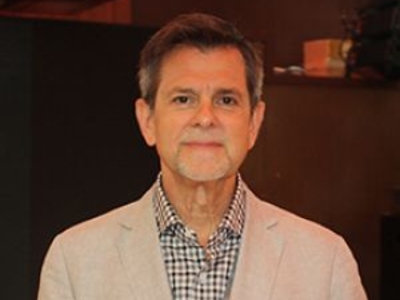
Decentralization in Ukraine will lead to a number of changes in the sector of agriculture playing a crucial part in the country’s economy. In the opinion of John Shmorhun,CEO of AgroGeneration, individual farmers know their needs better than public officers. The Ukraine-born American shared this idea at the international conference “Grain Ukraine” in Odesa, where he was one of the speakers. In his exclusive interview with Latifundist.com the expert talked about the agricultural holding’s performance, taxation issues, and readiness for economic challenges.
Latifundist.com: Please share your impressions of Grain Ukraine 2016. In your opinion, is this international grain conference format useful for business?
John Shmorhun: Speakers were great! Everyone was fascinated by representatives from China, Brazil, and Argentina. They provided us with the global economy perspective. I believe one should hold such conferences on an annual basis. There were few agricultural companies, but many traders. To me, as managing director of an agricultural company, it was simply interesting to participate in such an event. It is significant that Grain Ukraine was held in Odesa, because the city is one of the largest ports in Europe.
Latifundist.com: What were AgroGeneration’s 2015 year-end results and what tasks has it set for 2016?
John Shmorhun: As for 2015, we achieved our targets. Our EBITDA was kept at EUR 20 million for two straight years. In other words, we did what we promised. We’ll see what will happen this year. I can’t forecast. We are a public company, but I have no right to disclose plans or investment projects.
Latifundist.com: What struggles did you experience last year? How were they resolved?
John Shmorhun: The first and the main struggle was low prices. The second struggle was macroeconomic challenges in Ukraine. Here I mean, in general, the financial sector, the banking sector, and country’s uncertainty regarding the taxation of agricultural holdings and firms. Beginning with the 1st of January 2016, the agro-industrial complex will follow the general VAT system. The Ministry of Agrarian Policy and Food insists that the state should provide VAT subsidies only to small players of the agricultural sector – the farmers, whereas the rest should operate based on the general system. In fact, the state will play two different games with us and with the farmers. I don’t support this. In my opinion, everyone should play by the same rules.
Latifundist.com: What is your assessment of this transformed special VAT treatment for agricultural companies?
John Shmorhun: How do I assess it? It means minus 10-15 % from the company’s EBITDA. This is not good at all. And this is a negative factor for those investors who think of investing in Ukraine. The government said that it was necessary because of insufficient revenues from taxation and because of IMF requirements. I don’t understand this. If 30-40% of farmers don’t pay any taxes, where will the revenues come from? Obviously, there are some sources. What’s not clear is why do they need to withdraw tax benefits from transparent companies.
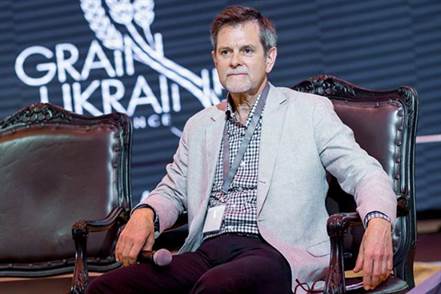
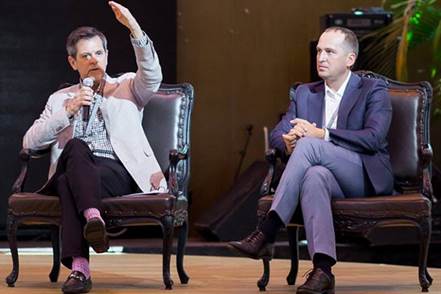
Latifundist.com: It was positive that after the merger of AgroGeneration and Harmelia the company’s land bank increased up to 120,000 ha. Do you plan to further expand it or to partially reduce its size?
John Shmorhun: Our long-term target is to increase our land bank. We will see how it goes and consider options. AgroGeneration’s strategy aims to increase business value and generate high profit. We achieve this through operational synergies generating economies of scale and through consolidation of land into effective management structures. What we find successful is the optimization of delivery, storage and sale chains with possible gradual horizontal and vertical integration of companies.
Latifundist.com: How often do you go out to your fields?
John Shmorhun: Not as often as I want, but I don’t always have a chance, unfortunately. I will definitely go there during the harvest time (laughing).
Latifundist.com: Today many companies introduce various innovations. What about your company? What innovations do you implement or use?
John Shmorhun: Of course, we are in step with innovations. For example, we use mini-till technology. We sow different crops, then test and select the best of them. We use the crops that can better adapt to specific agricultural and climatic conditions in the regions where the company operates. We apply state-of-the-art agricultural technologies, optimize costs etc.
Latifundist.com: Today many agricultural holdings experiment with mini-till or no-till technologies. Do you also have that practice?
John Shmorhun: Of course.
Latifundist.com: And what are the results?
John Shmorhun: There are positive results on the direct costs side, because we don’t make any unnecessary field entries.
Latifundist.com: How well is the company equipped with new machinery? Will you modernize your vehicle fleet?
John Shmorhun: We do it on a regular basis. The priority is to renew the heavy machinery, purchase new seeders, new disk harrows etc.
Latifundist.com: How much bigger is the amount of expenses you had last year comparing to 2015?
John Shmorhun: I can’t tell you for sure because this year has not ended yet. But we strive to minimize costs every year. One has to realize that EBITDA is dependent on many factors. For two straight years the prices were not good. That is why expenses should be reviewed and reduced, and that’s what we are doing. We are cutting administrative, technology, direct expenses not only in Ukraine, but also at our headquarters and the administrative office in Paris. We are doing this annually. In my view, we’ve seen the fruit of optimization last year, and we’re working on it this year too.
Latifundist.com: Some analysts expect a new economic crisis in 2017-2018 worldwide. Is your company ready for it?
John Shmorhun: You know, we’ve faced absolutely everything. We’re always ready. But I don’t share their opinion. I think that the opposite will happen. At the conference we’ve listened to representatives of a Chinese company. I tend to believe that the prices will go up. This means that beginning with the next year the trend will be positive. One may talk about crisis in Europe because of Brexit, but it’s too early to predict anything.
Latifundist.com: Thank you for your openness.
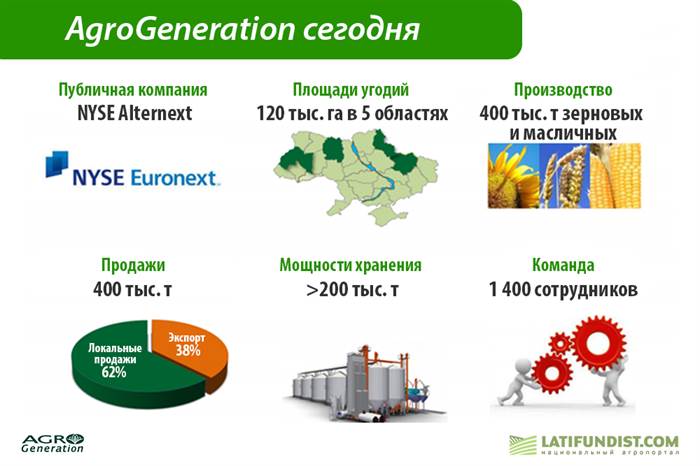
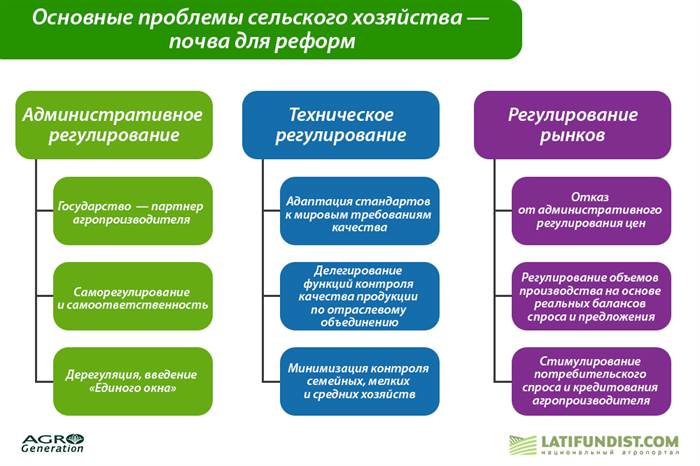
Source: http://latifundist.com/interview/260-dzhon-shmorgun-sdelali-vse-chto-obeshchali
The article was originally written in Russian and translated by AgroGeneration
